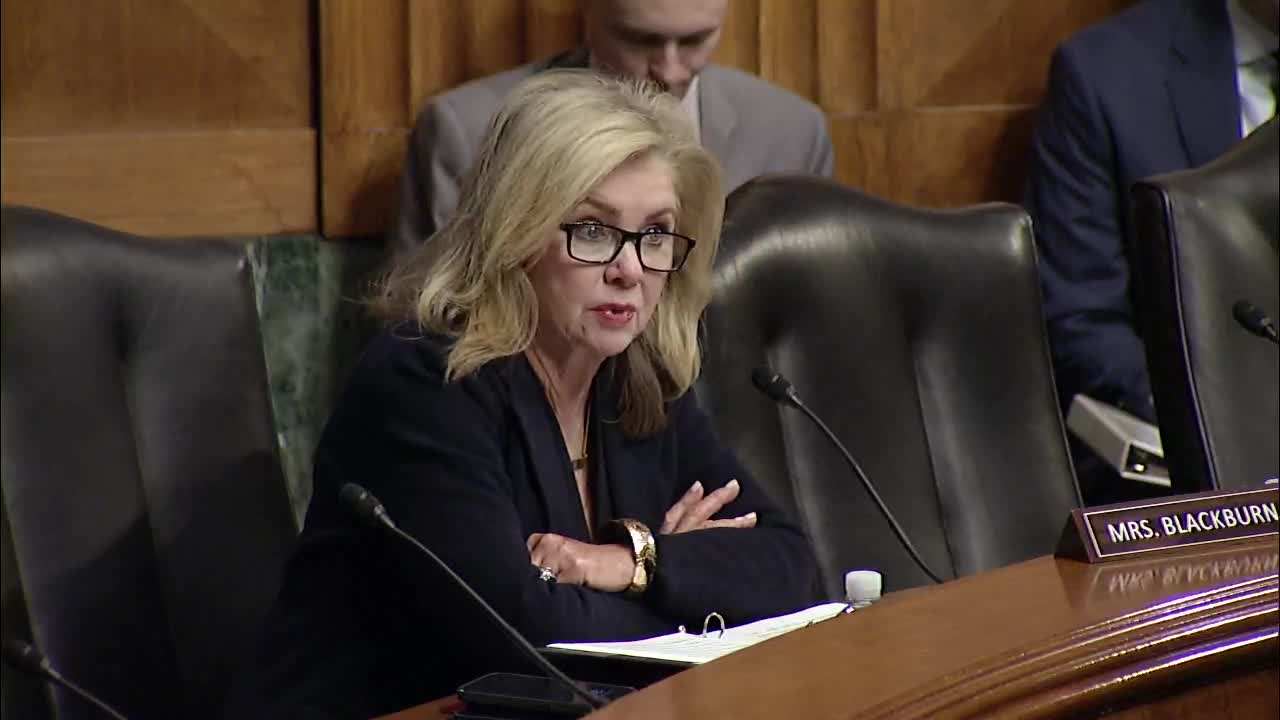AI Copyright Clash Sparks Urgent Call for New Protections
November 13, 2024 | Judiciary: Senate Committee, Standing Committees - House & Senate, Congressional Hearings Compilation, Legislative, Federal
This article was created by AI summarizing key points discussed. AI makes mistakes, so for full details and context, please refer to the video of the full meeting. Please report any errors so we can fix them. Report an error »

In a recent government meeting, discussions centered on the implications of artificial intelligence (AI) on copyright law, particularly in the context of the music industry and the ongoing challenges faced by creators. Participants highlighted the need for a nuanced understanding of the fair use doctrine as it applies to AI-generated content, emphasizing that while the doctrine is flexible enough to encompass new technologies, its application remains complex.
One key point raised was the unlicensed use of copyrighted works by AI systems, prompting questions about whether such practices should fall under fair use. The consensus was that the doctrine does apply, providing original creators with legal standing to protect their works. This was further supported by the introduction of the No Fakes Act, which aims to bolster protections for creators against unauthorized use of their voices and images.
The meeting also addressed concerns regarding Spotify's recent bundling practices, which have reportedly led to decreased earnings for artists. Lawmakers expressed frustration over how changes in subscription models and the introduction of new services, such as audiobooks, have impacted royalty calculations. While the Copyright Office is monitoring the situation, it clarified that the specifics of royalty distribution fall under the jurisdiction of the Copyright Royalty Board.
Senator Hirono raised the issue of how other countries are navigating similar challenges with AI and copyright. It was noted that some nations have begun to implement specific exceptions in their copyright laws for text and data mining, although these measures have yet to be tested in court. The ongoing dialogue underscores the urgency of establishing a regulatory framework that balances technological advancement with the protection of creative professionals, ensuring that artists are fairly compensated in an evolving digital landscape.
One key point raised was the unlicensed use of copyrighted works by AI systems, prompting questions about whether such practices should fall under fair use. The consensus was that the doctrine does apply, providing original creators with legal standing to protect their works. This was further supported by the introduction of the No Fakes Act, which aims to bolster protections for creators against unauthorized use of their voices and images.
The meeting also addressed concerns regarding Spotify's recent bundling practices, which have reportedly led to decreased earnings for artists. Lawmakers expressed frustration over how changes in subscription models and the introduction of new services, such as audiobooks, have impacted royalty calculations. While the Copyright Office is monitoring the situation, it clarified that the specifics of royalty distribution fall under the jurisdiction of the Copyright Royalty Board.
Senator Hirono raised the issue of how other countries are navigating similar challenges with AI and copyright. It was noted that some nations have begun to implement specific exceptions in their copyright laws for text and data mining, although these measures have yet to be tested in court. The ongoing dialogue underscores the urgency of establishing a regulatory framework that balances technological advancement with the protection of creative professionals, ensuring that artists are fairly compensated in an evolving digital landscape.
Don't Miss a Word: See the Full Meeting!
Go beyond summaries. Unlock every video, transcript, and key insight with a Founder Membership.
✓
Get instant access to full meeting videos
✓
Search and clip any phrase from complete transcripts
✓
Receive AI-powered summaries & custom alerts
✓
Enjoy lifetime, unrestricted access to government data
30-day money-back guarantee
